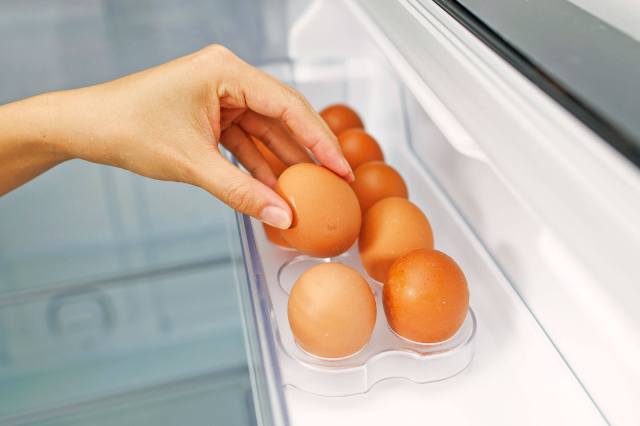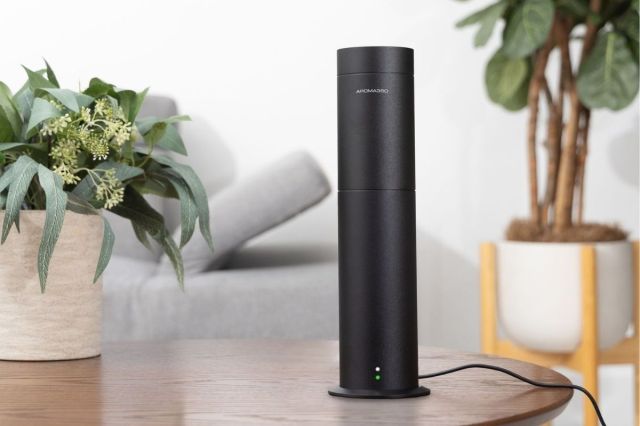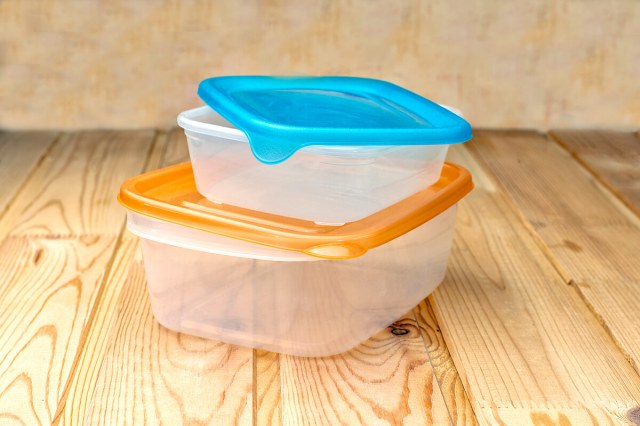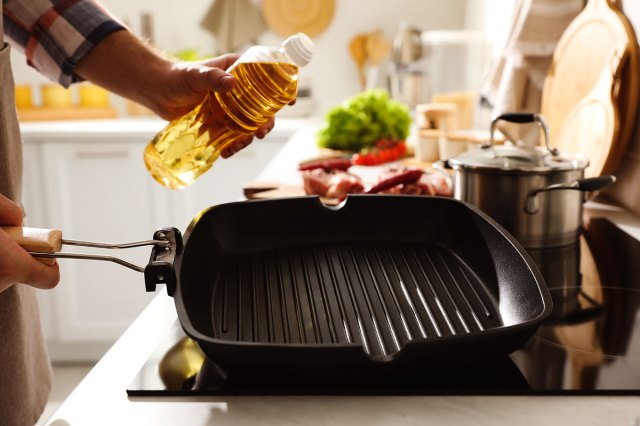All featured products and deals are selected independently and objectively by the author. Better Report may receive a share of sales via affiliate links in content.
Scrubbing fruits and vegetables before you eat them is basic kitchen knowledge. We don’t have to tell you that doing so can remove dirt and debris from their surfaces. But that’s not the case with all foods. As backward as it may seem, rinsing off certain foods actually spreads more germs than it prevents. And all that extra rinsing can make some foods soggy and flavorless. Here are six foods you can skip washing before they hit your well-oiled skillet.
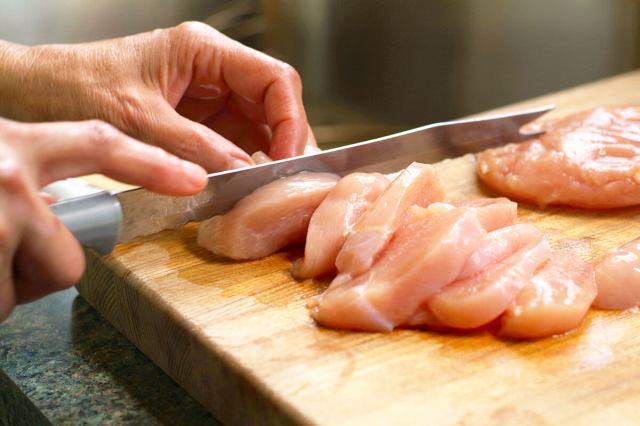
Chicken and Turkey
Back away from the kitchen sink. Rinsing chicken and turkey can spread bacteria across your sink, countertops, and floor from all the splashing and dripping. The best method to eliminate bacteria is to cook all poultry to a minimum internal temperature of 165 degrees Fahrenheit. If you don’t trust your gut, get a meat thermometer to help you out.

Red Meat
Beef is safe to take straight from the refrigerator to the skillet. Washing away excess moisture from meat trays can end up spraying bacteria around your kitchen, though the extra water can also make meat more difficult to cook. Adding wet meat to a hot skillet can cause it to stick. To keep moisture at bay, blot raw meats with a paper towel before seasoning and cooking to remove lingering liquid.
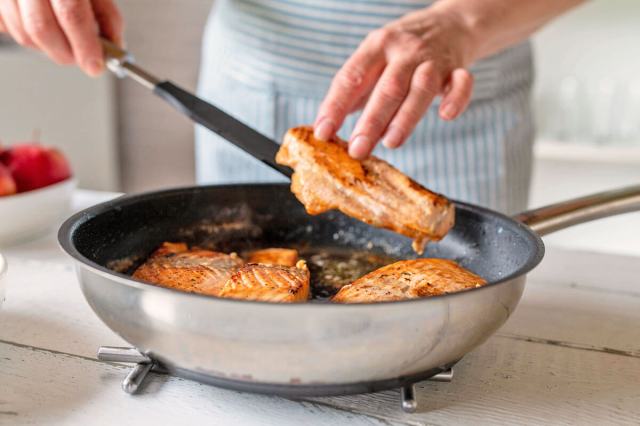
Seafood
Like poultry and red meat, washing seafood in the sink can contaminate your cooking space with bacteria and germs, though there’s another reason you’ll want to skip a final rinse: sogginess. Even though seafood comes from water, exposing fish filets and other catch-of-the-days to excess H20 can affect the texture and flavor, making your final dish mushy and dull instead of crisp if you’re frying and flakey if you’re baking.
Reader Favorites
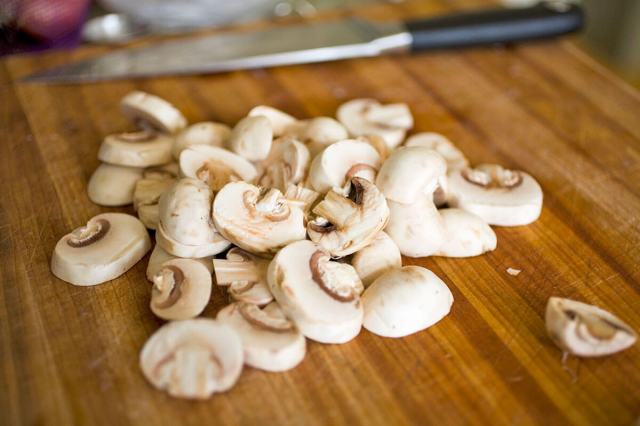
Mushrooms
Mushrooms become nearly impossible to dry after washing, which is why they should never be submerged in water. Storing damp mushrooms in the fridge can cause premature spoilage, and rinsing immediately before use can make it difficult to a crisply sauteed result. Instead, use a paper towel to brush away any soil that’s still attached. Commercially harvested mushrooms are grown in sterilized compost with minimal risk of bacteria growth, though cooking can kill off any existing germs.
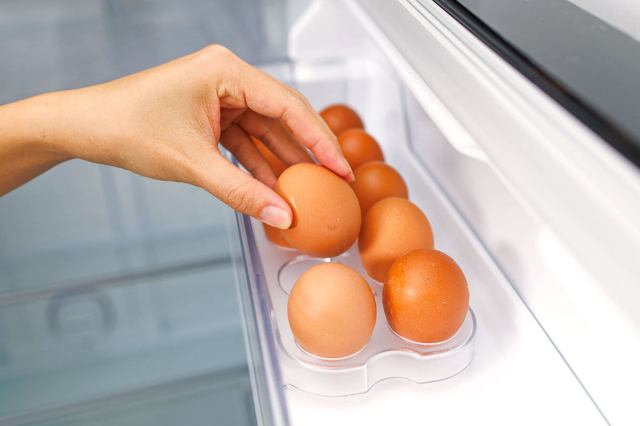
Eggs
Storebought eggs are thoroughly washed before they’re nestled into cartons, so there’s no need to rinse before cracking them open. Eggs have their own protective coating naturally applied as hens lay them, which creates a barrier between bacteria and the porous shells. However, U.S. Department of Agriculture regulations require all commercially sold eggs to be washed and sanitized to protect against salmonella, and that process removes the original coating. Eggs are then resealed with a mineral oil before shipping off to stores, which makes them safe to use as-is. Washing eggs at home removes that coating and leaves the shells unprotected, so skip this step when putting your groceries away.
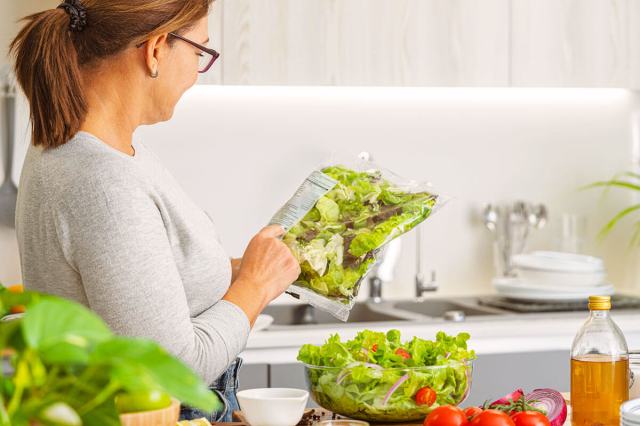
Pre-Washed Lettuce
Bagged lettuce and salad kits are typically ready to eat straight from the produce section, no washing required. These dinner helpers are usually marked as “ready to eat” or “triple-washed” because they’re cleaned at regulated facilities that put the greens through a rigorous disinfection process. Giving pre-cut greens an extra rinse at home can actually introduce new bacteria from your sink, salad spinner, and other kitchen surfaces. Skipping the at-home washing can keep your food cleaner and help get dinner on the table in record time.
More From Our Network
Better Report is part of Inbox Studio, an email-first media company. *Indicates a third-party property.
